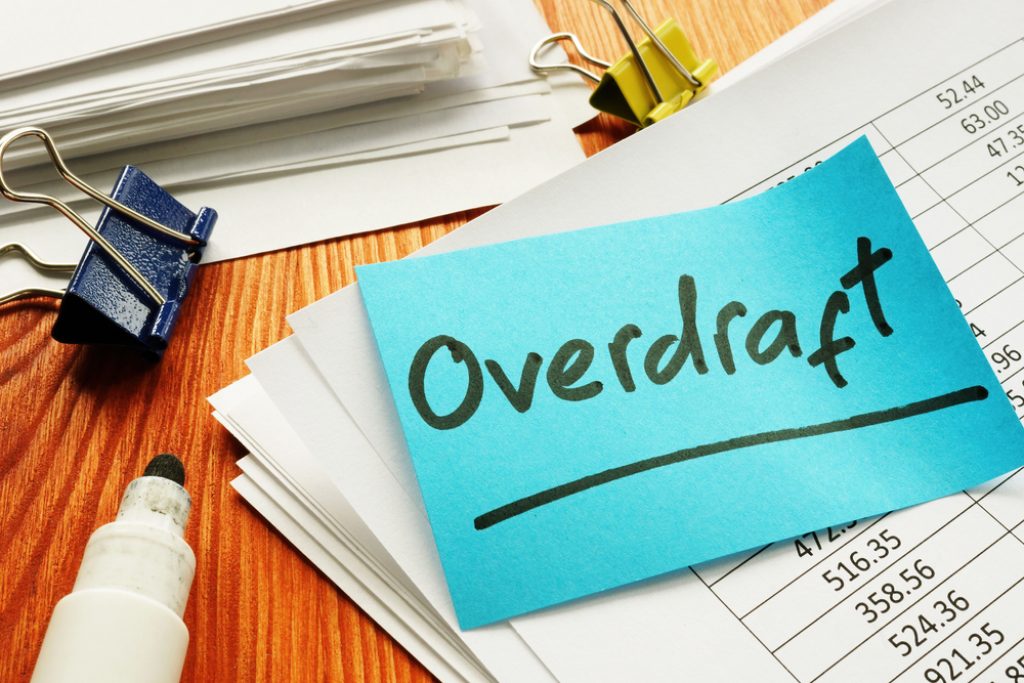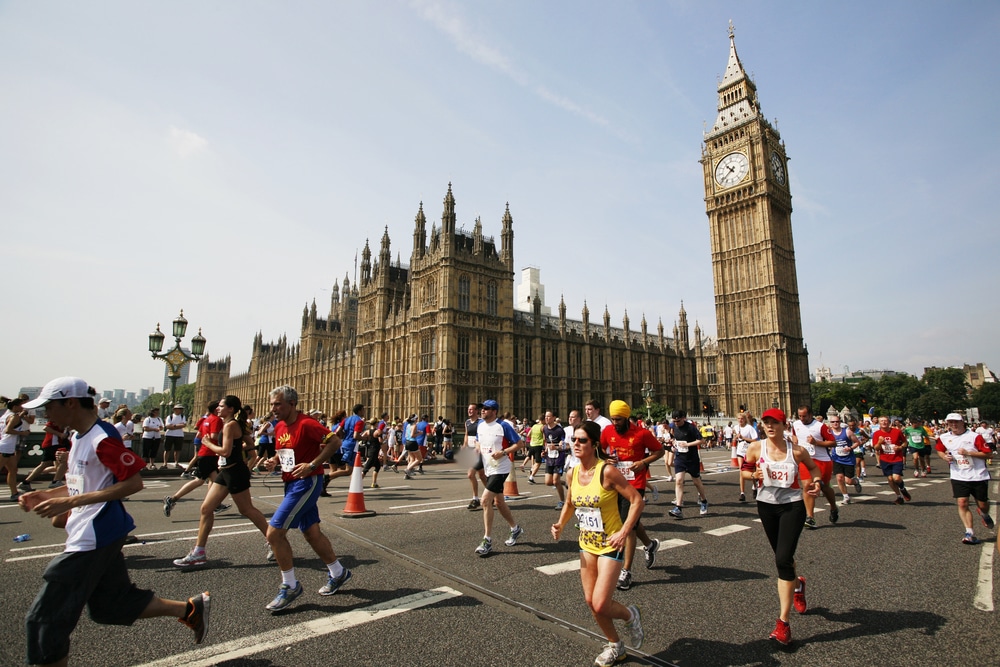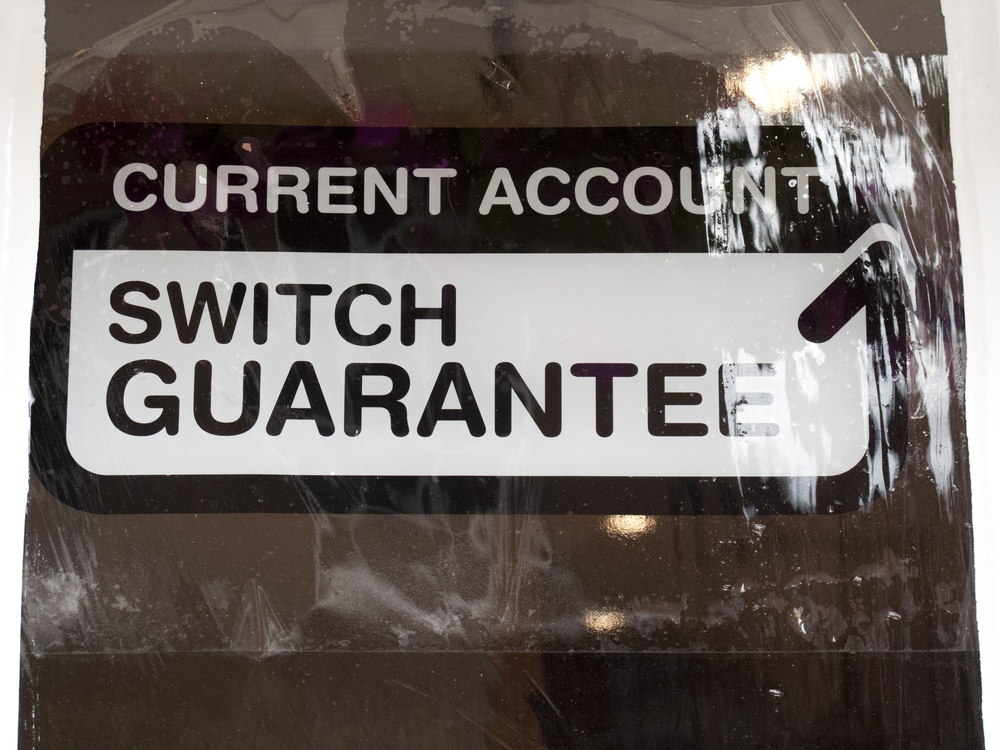UK current account holders are spending £1.4bn on high interest overdraft interest charges, research reveals.
On average, a fifth of UK current account holders are £697 overdrawn every day, paying £278 per year in interest fees.
This is due to most big banks charging customers a daily interest usually between 35% and 39.94% APR, an investigation from TotallyMoney finds.
Major providers including HSBC, Lloyds, Halifax and Nationwide all offer an authorised rate of 39.9%. Depending on your credit status, challenger banks Monzo and Starling offer rates starting from 15% and 19% respectively.
Elsewhere, First Direct offers the same 39.9% as the other major lenders, but the first £250 is free.
The current state of overdraft charges means if you spend an average of 20 days of the month £1,000 overdrawn over the year, you’ll pay £262.30 for the privilege. This follows a rise in the effective overdraft rate amount from 20.85% to 22.92%, using Bank of England data.
While dipping into your overdraft can be an easy way of accessing a small amount of cash, perhaps before payday, the costs can soon escalate.
‘Ghost debt’ should be treated as any other form of borrowing
The ease at which money owed to your bank provider can continue without realising led to Alastair Douglas, TotallyMoney CEO, describing it as a “ghost debt”.
Douglas said: “There’s no separate card, account, or app – and if you’ve been with your bank for years, you might not remember ever applying for one.
“That means you might not even really notice if you’re using it, especially if you don’t regularly check your bank statements. But the truth is, overdrafts are credit products, and just like a loan or a card.”
Douglas added: “So it’s really important that you treat it like any other form of borrowing, use it responsibly, and keep an eye out for cheaper and better alternatives.
“You might not realise it, but some high-street banks are charging overdraft customers almost 40% interest, making them one of the most expensive mainstream ways to borrow.”
There are alternative options to borrowing money without being hit by high interest charges. Here is a rundown of five tips from the credit report company for you to consider:
Five alternatives to an overdraft
- Savings: If you have savings, then consider using them to clear your overdraft, as it’s highly likely that you’ll be receiving a much lower rate of interest on what you have tucked away than you’re paying on what you owe.
- Interest-free options: While many overdrafts come with sky-high fees, there are some that will give you interest-free limits of a few hundred pounds. But read the small print because, for larger limits, some accounts like the HSBC Premier will require you to have £50,000 of savings or a £75,000 salary.
- Credit cards: Credit cards will give you up to 56 days of interest-free credit on purchases, providing a more flexible and cost-effective way to pay when compared to an overdraft. While not everybody will be able to clear their card each month, it’s worth noting that if you’re carrying over a balance, the effective interest rate for existing credit cards is 20.49%, which is still lower than most high-street banks.”
- Money transfer card: This lets you shift cash to your bank account so you can clear your overdraft. These will usually offer 0% interest-free periods of up to 12 months, subject to a one-off transaction charge of around 4%.
- Low-cost loan: This could help with larger overdrafts. They offer fixed repayments over a set period of time and at a lower APR than an overdraft.





